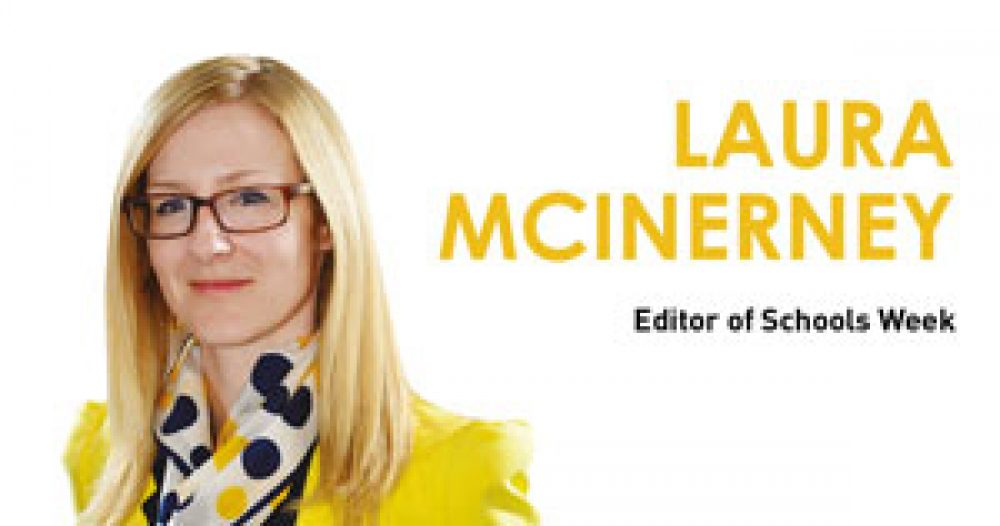In the United States, two brothers are considered king of the national sport, American football. Peyton and Eli Manning have sweated, toe-to-toe, often fighting one another for 20 years. They are the only brothers to play the key position of quarterback in the Superbowl – the grand final watched by more than 100 million people. And they didn’t just do it once. they have won four times.
They are wealthy, beloved, famed, and a constant source of fascination for people interested in sibling rivalry.
What most people don’t know, is that there is another brother; one who was destined to become a sports star too.
But Cooper Manning was counted out of sports in his teens when he developed a spinal condition, usually only found in elderly people. He is the lost Manning.
This story will hit home for teachers who have watched as a child struggles with a health condition. Baron Christopher Holmes, the nine-time gold medal Paralympian, who went blind overnight as a teenager, talks often about the way it was his teachers who kept him going. How their belief that he could still achieve his dream of being a swimmer mattered more than anything.
Imagine, then, that Christopher had the dual disadvantage of being from a low-income family, and of attending a school such as Sir Roger Manwood’s school in Kent, which is so strapped for cash it is going to start asking families to pay for their children to take part in sports clubs.
Imagine that it is not blindness, or spinal stenosis, or any other sudden and unavoidable issue that is counting a child out of their future dream – but money.
Inequality wraps itself around children in a million different ways
Inequality wraps itself around children in a million different ways. But there is something fundamentally awful about inequalities that occur because your parents are asked to pay for something other children receive free.
There is something extraordinary about the situation where, if a parent has three children – like the Mannings – that they might only be able to afford two of the three to play a sport. How do you choose? Do you pick the one with potential? The one who likes it most? Or do you try to figure out which one is most likely to develop a condition that will take them out altogether? It is a grim reality.
It is easy at this point to wave away the concern. Come on Laura, it’s just a game. This kid’s life won’t be changed if they can’t kick a ball around a field. Except the Manning example shows that it can. And we must caution against the long-term consequences of such inequality. We are only just getting to a point where children from state schools are starting to hold their own at sport, or in acting, or in the upper echelon jobs wheeled out as examples of social mobility. Judges in their 50s may well be almost all privately educated, but look at lawyers in their 30s and you’ll see a different story. Journalists may once have been mostly privately educated, but look at our offices and they’re not. And who were the stand-outs at last year’s Olympics? Laura Trott. State educated. Mo Farah. State educated. Max Whitlock. State educated. Even the men’s rowing eight were majority state educated.
This was not an accident. The dial has been moving slowly on Olympic medallists, and a huge amount of effort – and cash – has been pumped into making it happen.
The difference it makes to have sporting heroes “like us” is difficult to explain to those outside the classroom. But having taught in a school with a large Somalian community, I cannot fully express how much it meant in 2012 and again in 2016 to see Mo Farah take those golds. The pride of our pupils, the fact that they felt both Somalian, and British, and accepted for being those things, was unreal. And it mattered that Mo wasn’t a wealthy guy who bought his way there. He was once a kid, just like my pupils, who worked, and fought, and made it to the top. That was motivation, by the bucket.
If we now fall back to a position where the “extras” – sport, music, debating – are only for the wealthy, we will lose these role models and our kids will lose heart with them.
Schools cannot be blamed for making these decisions. But politicians need to speak up. Loudly. They must convince the government to find the cash.
Or they will find they are being held to blame, loudly, by the country at large.







Your thoughts